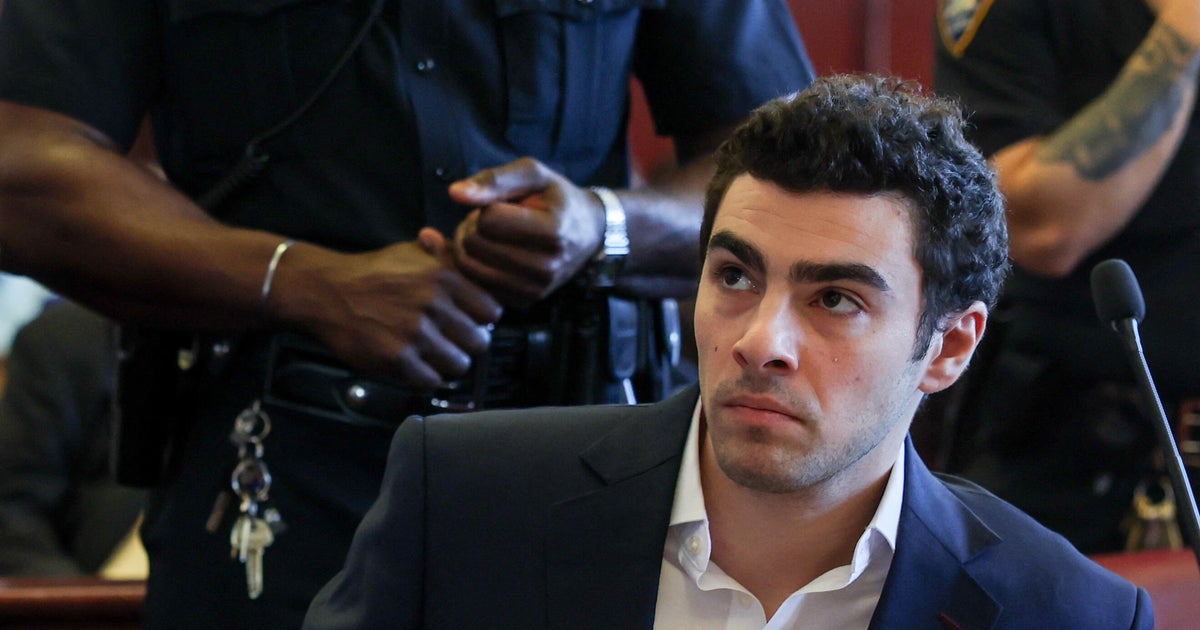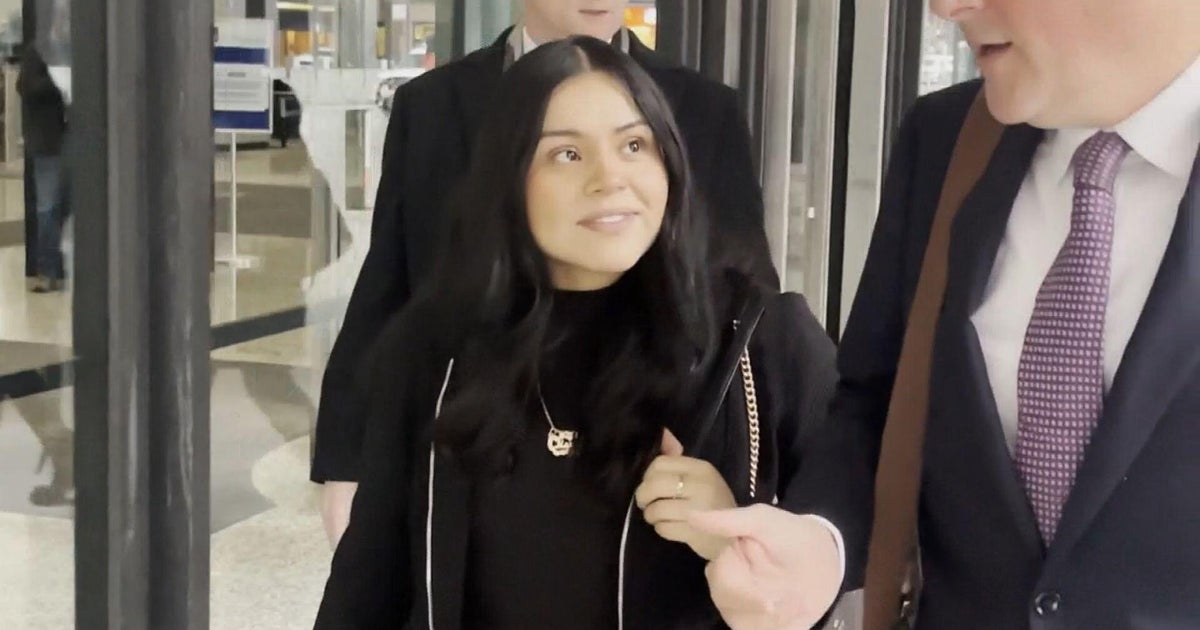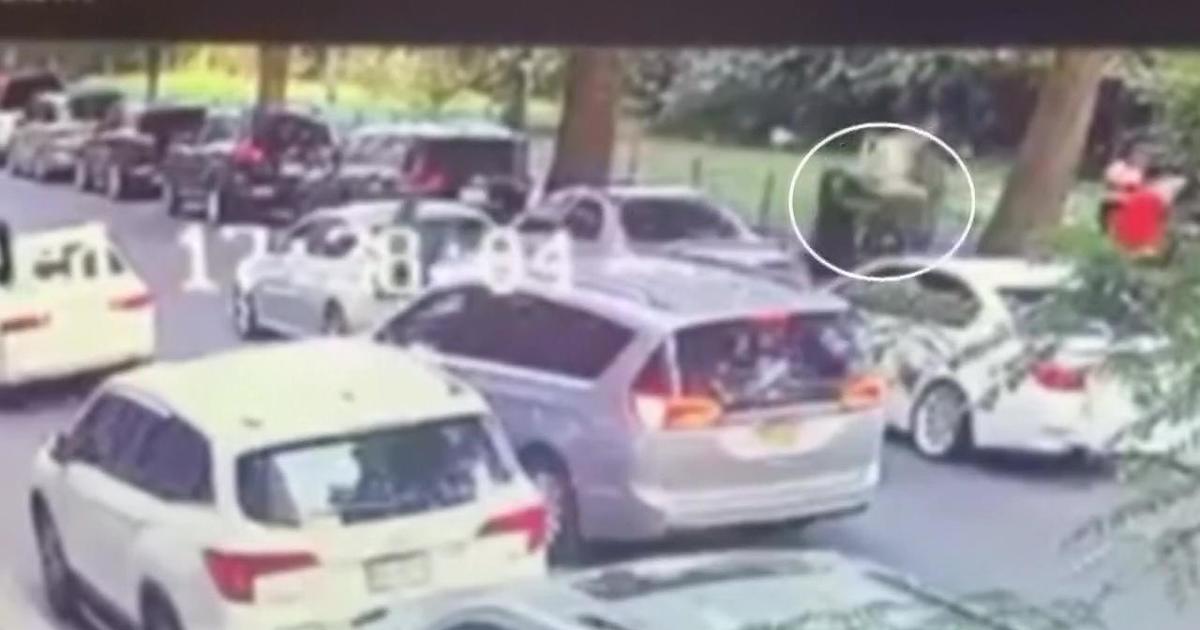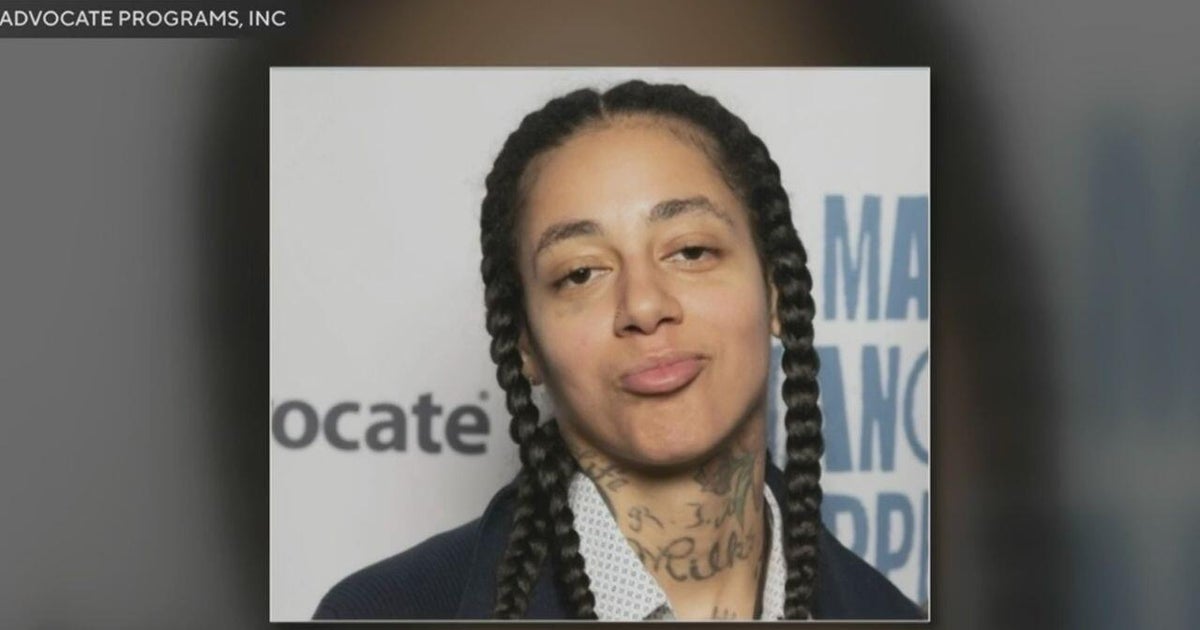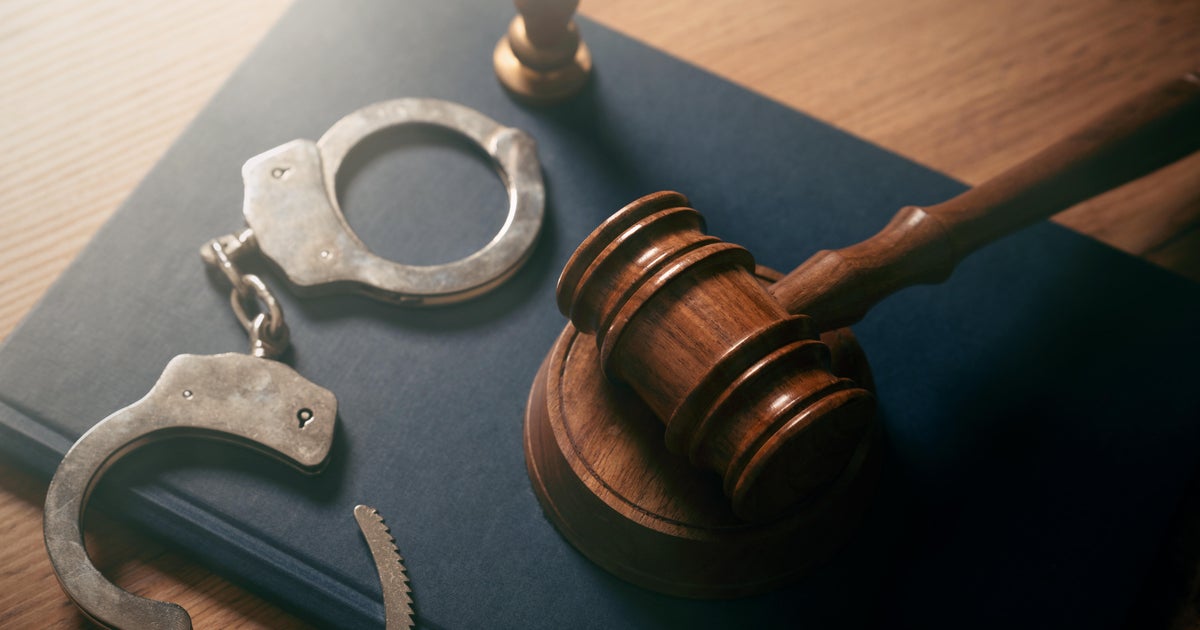Kyle Rittenhouse Trial: What Charges Does Rittenhouse Face?
CHICAGO (CBS) -- Kyle Rittenhouse's trial for shooting three people, killing two of them, during widespread civil unrest in Kenosha, Wisconsin, last year is nearing its end, with jury deliberations underway.
Rittenhouse faces five felony charges in connection with the shootings of three people in August 2020 during protests over the police shooting of Jacob Blake. Rittenhouse is accused of killing Joseph Rosenbaum and Anthony Huber and wounding Gaige Grosskreutz. He also faces charges of endangering others.
There's no question Rittenhouse shot anyone. However, jurors must decide whether Rittenhouse fired in self-defense, as his attorneys claim, or was acting as a a vigilante, as prosecutors argue. The jury will be allowed to consider some lesser charges in addition to those prosecutors originally brought against him.
The charges include:
Count 1 - First-degree reckless homicide in the death of Joseph Rosenbaum. Rittenhouse is accused of recklessly causing Rosenbaum's death with an "utter disregard for human life." This count is punishable by up to 60 years in prison. A dangerous weapon modifier carries an additional five years in prison.
Count 2 – First-degree recklessly endangering safety for shots Rittenhouse fired at video producer Richard McGinnis, who was filming Rittenhouse. This charge also accuses Rittenhouse of showing "utter disregard for human life." This count is punishable by up to 12 ½ years in prison. A dangerous weapon modifier carries an additional five years in prison.
Count 3 – First-degree recklessly endangering safety for firing shots at an unknown man, "under circumstances which show utter disregard for human life." The person Rittenhouse was firing at around the same time he shot Huber and Grosskreutz has not been identified, but the shooting was caught on video. This count is punishable by to 12 ½ years in prison. A dangerous weapon modifier carries an additional five years in prison.
Count 4 – First-degree intentional homicide in the death of Anthony Huber. Rittenhouse is accused of intentionally killing Huber. This is the most serious charge Rittenhouse faces, and he could be sentenced to life in prison if convicted of this count. Jurors also may consider lesser included charges of second-degree intentional homicide or first-degree reckless homicide. Both of those counts are punishable by up to 60 years in prison, and a dangerous weapon modifier carries an additional five years in prison.
Count 5 – Attempted first-degree intentional homicide in the shooting of Gaige Grosskreutz. Rittenhouse is accused of attempting to cause the death of Grosskreutz, with intent to kill. This count is punishable by up to 60 years in prison. A dangerous weapon modifier carries an additional five years in prison. Jurors also may consider lesser included charges of attempted second-degree intentional homicide, punishable by up to 30 years in prison; or first-degree recklessly endangering safety, punishable by up to 12 ½ years in prison. A dangerous weapon modifier carries an additional five years in prison for the lesser included accounts.
Before closing arguments and jury deliberations began in the trial, Judge Schroeder dismissed a misdemeanor count of possession of a dangerous weapon by a person under 18 against Rittenhouse. He has said the Wisconsin law was poorly written, and that the shorter barrel size of the rifle Rittenhouse carried meant he didn't violate that law.

